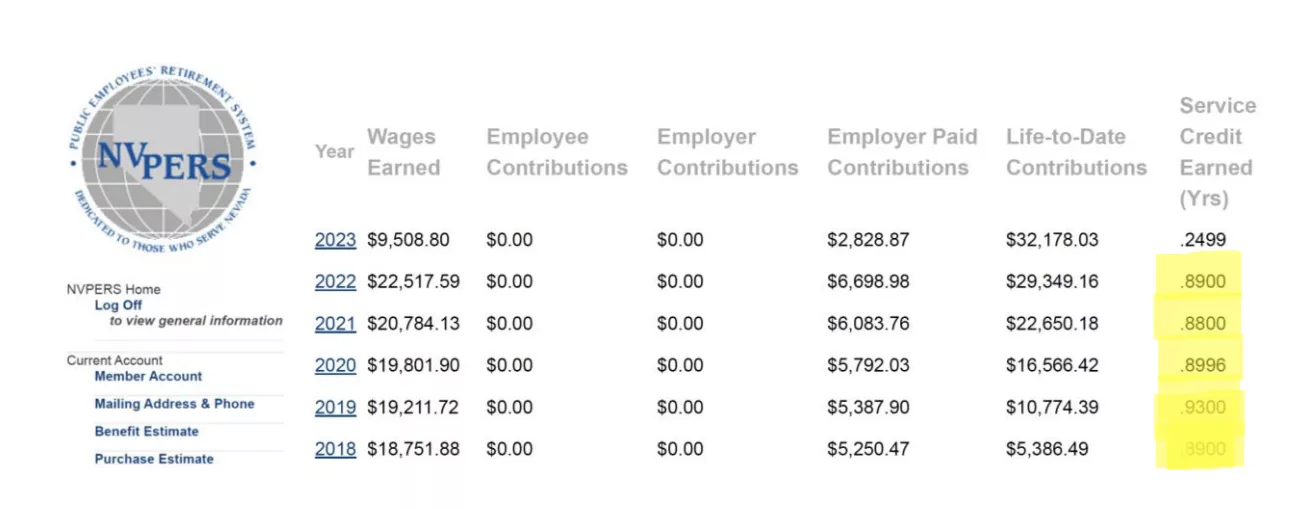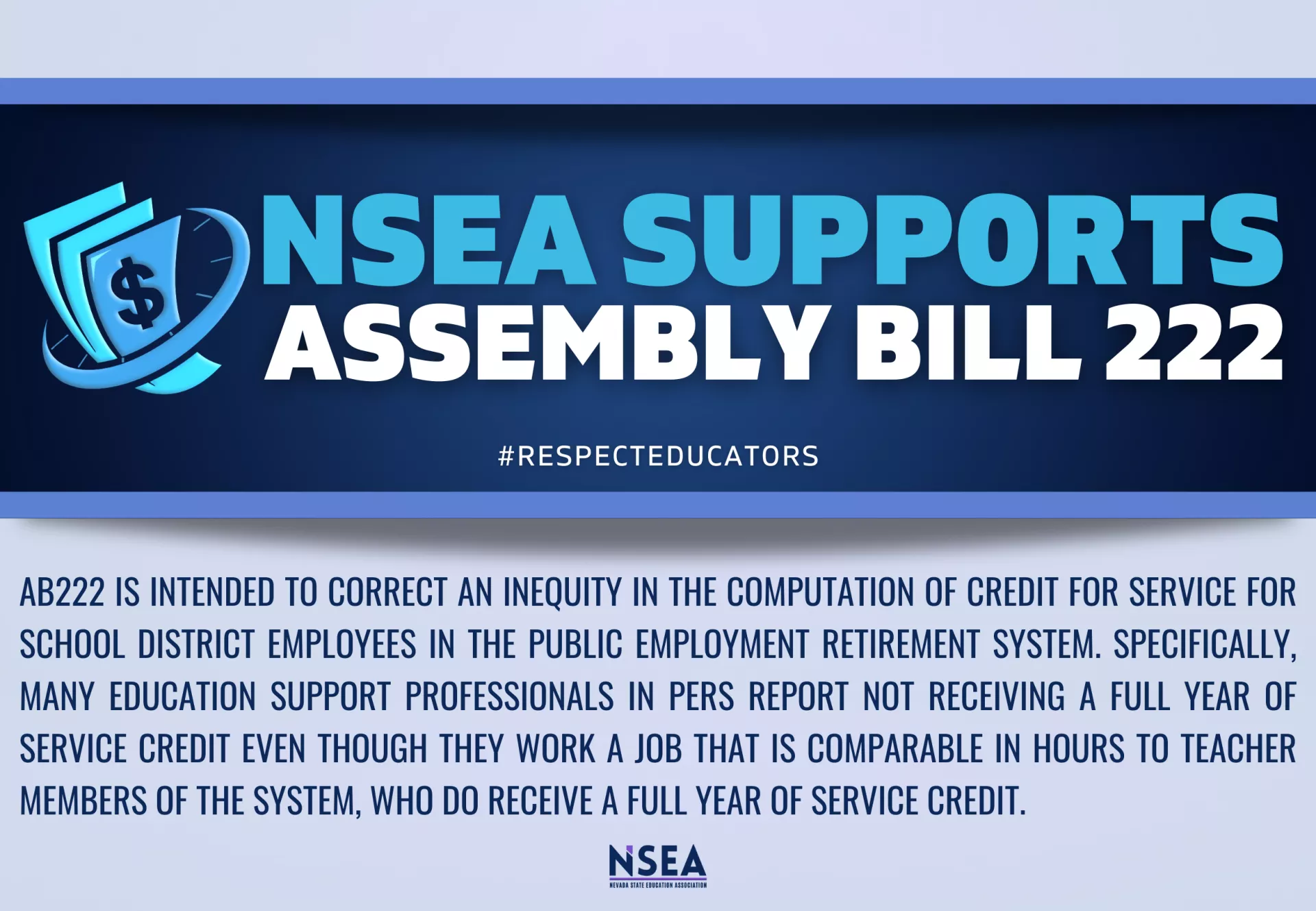Education support professionals are the backbone of our public education system, keeping schools running while ensuring students are safe, healthy, and ready to learn. ESPs include paraprofessionals, bus drivers, nutrition workers, custodians, IT workers, clinical aides, administrative assistants, library aides, and building and grounds maintenance. While critical to the operations of schools, education support professionals tend to be at the bottom of district pay scales, with some ESPs making as little as $11/hour and an overwhelming majority making less than a living wage. Last year, over 1600 CCSD workers, mostly ESPs, were enrolled on Medicaid. Education support professionals usually reflect the Nevada communities they serve. About half of education support professionals across the state are people of color.
Far too often, when thinking about our schools, education support professionals are relegated or forgotten. For example, Nevada has a Teacher Recruitment and Retention Task Force, yet there are hundreds upon hundreds of education support professional vacancies. There is a bill here in the Assembly to create an Advisory Committee on Teacher Safety, while two of the most vulnerable positions in schools are specialized programs teaching assistants and bus drivers, ESP positions. Yesterday, the Senate Majority Leader introduced a bill for educator raises, leaving out about half of all ESPs in the state. In contract negotiations, it is not uncommon for school districts to first bargain with teacher units and then say they have less available when bargaining with the ESP unit. And for years, NSEA has heard from education support professionals about an inequity in the computation of service credit under PERS.
For example, you could have a paraprofessional in the same classroom as a teacher, working with the same students during the same hours, and at the end of the year, that teacher would earn a full year of service credit, while the paraprofessional would end up with somewhere between .75 and .9. Here’s the PERS report for a full-time specialized programs teaching assistant in the Clark County School District
Here’s the PERS report for a full-time specialized programs teaching assistant in the Clark County School District.

While working full-time, for the 5 years between 2018 and 2022, this employee accrued less than 4.5 of service while her teacher colleague accrued the full 5 years.
NSEA has very much appreciated our conversations with PERS about this issue, and our understanding of the cause of this discrepancy is evolving. While initially, we thought it had to do with the definition of working the full school year, we now believe it is related to hours in the workday. Either way, we are optimistic we can reach an agreement on amended language in AB222 that addresses the issue of inequity in the computation of service credit and is fair to all parties. Thank you.
